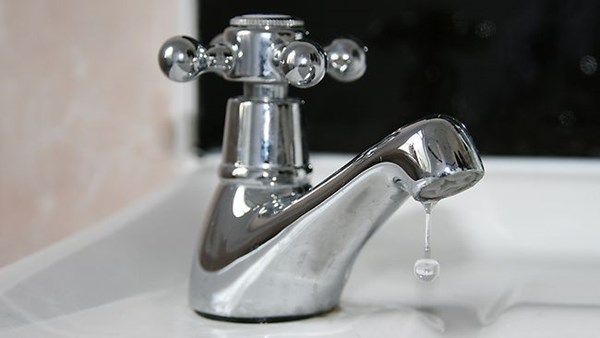UN: 400 000 of those living in conflict zone in eastern Ukraine have no access to drinking water
Tens of thousands of residents in eastern Ukraine can’t get access to safe drinking water, as pumping stations are increasingly targeted by the opposing armies, as reported by the press service of the United Nations Office for the Coordination of Humanitarian Affairs (OCHA).
The Under-Secretary-General for Humanitarian Affairs and Emergency Relief Coordinator, Stephen O'Brien, reported that nearly 400,000 people on both sides of the demarcation line in the Donetsk region have been without access to safe drinking water for several days due to the breakdown of the South Donbas water pumping station.
He urged both sides of the conflict to immediately ensure a sustained cessation of hostilities in order to allow critical repairs and maintenance to restore the water supply, including facilitating any movements along the line of contact.
"I remind all sides of the conflict about their obligation to respect civilian areas and infrastructure and that the deliberate violation of the access to a quality water supply in areas affected by conflicts is a clear violation of international humanitarian law," O'Brien added.
The OCHA report of August 16th states that the pumping station has resumed its work and is expected to resume a safe water supply for about 210,000 inhabitants of the territories controlled by the government and approximately 180,000 residents of areas not controlled by the government.
"Other basic services, such as health and education, were also affected by the bombings. For example, in Marinka in May, a school was bombarded, as the result of which about 140 children were evacuated. More than 230 houses were damaged in the government-controlled areas and in areas beyond Ukraine's control, as the result, many people need shelter and basic services," the report says.
It is also reported that since early 2017, military operations in eastern Ukraine have not escalated, but daily clashes continue to damage critical infrastructure.
"The deliberate violation of the access to quality water supplies in areas affected by the conflict is a clear violation of international humanitarian law," O'Brien added.
